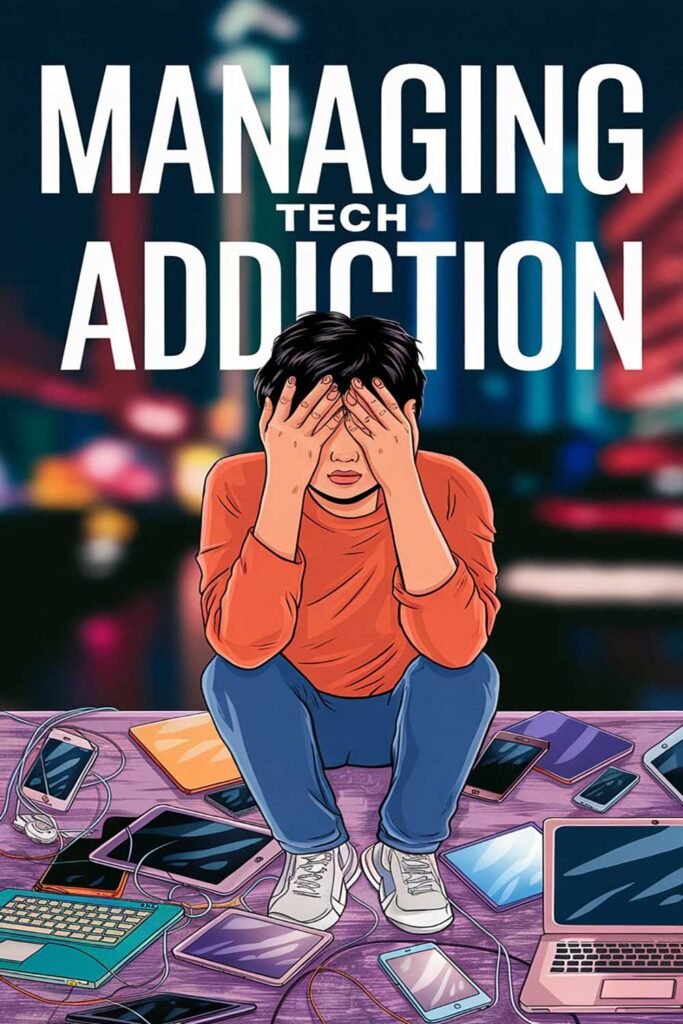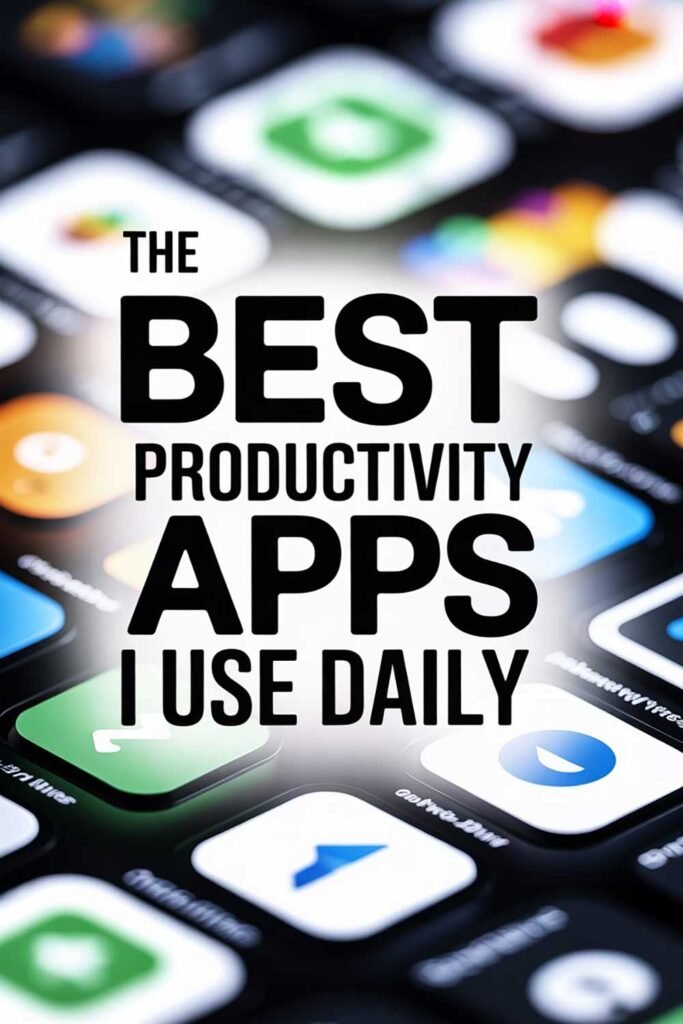The Impact of Digital Overload on Mental Health
In today’s hyper-connected world, digital devices and online platforms are an integral part of daily life. While technology offers countless benefits, excessive digital consumption can have serious consequences on mental well-being. Digital overload—the constant exposure to screens, notifications, and information—can lead to stress, anxiety, and diminished overall health. Understanding the effects of digital overload and adopting strategies to mitigate its impact is essential for maintaining mental balance.

Understanding Digital Overload
Digital overload occurs when the constant influx of digital information overwhelms the brain. This can stem from:
- Excessive screen time across multiple devices
- Constant social media engagement
- Information fatigue from endless news cycles
- Work-related digital demands
- Frequent exposure to blue light from screens
As digital consumption increases, so do the psychological and emotional burdens associated with it.
Effects of Digital Overload on Mental Health
1. Increased Anxiety and Stress
The constant barrage of notifications, messages, and updates can create a sense of urgency and pressure, leading to heightened anxiety. The need to always be “plugged in” makes it difficult to relax and focus on real-world experiences.
Studies have shown that people who spend excessive time on digital devices often experience heightened cortisol levels, the hormone responsible for stress. This can lead to mood swings, difficulty in decision-making, and an increased risk of mental exhaustion.
2. Reduced Attention Span
Frequent multitasking between social media, emails, and news feeds shortens the ability to concentrate. Over time, this can reduce productivity and make it difficult to engage deeply in conversations or tasks.
According to research, the average human attention span has decreased over the past two decades, with many people struggling to focus for even a few minutes without digital distractions. This not only impacts professional performance but also disrupts meaningful personal connections.
3. Sleep Disruptions
The blue light emitted from screens disrupts melatonin production, making it harder to fall and stay asleep. Late-night scrolling and binge-watching further contribute to sleep deprivation, which negatively impacts mental health.
Poor sleep patterns are directly linked to increased risks of anxiety and depression. When digital consumption extends into the night, it creates an unhealthy cycle of sleep deprivation and emotional instability.
4. Social Isolation and Loneliness
Ironically, while digital platforms connect people worldwide, excessive online interactions can replace meaningful face-to-face relationships. This can lead to feelings of loneliness and detachment from real-world connections.
The illusion of connection through likes and comments can sometimes mask genuine emotional needs. People who replace real-life relationships with digital interactions often report lower levels of happiness and satisfaction.
5. Decreased Emotional Resilience
Constant exposure to negative news, cyberbullying, and unrealistic portrayals of life on social media can lower self-esteem and contribute to depressive symptoms. The comparison trap often leads to feelings of inadequacy and self-doubt.
Being bombarded with perfectly curated online lives can make individuals feel that their own lives are lacking. This perception can lead to chronic dissatisfaction and a reduced ability to handle life’s normal ups and downs.
Strategies to Reduce Digital Overload
1. Set Screen Time Limits
- Use apps to track and limit daily screen time.
- Establish boundaries, such as no phone use during meals or before bedtime.
- Set alarms or reminders to take breaks from digital screens.
2. Take Regular Digital Detoxes
- Designate tech-free hours or days to reset your mind.
- Engage in offline activities such as reading, exercise, or hobbies.
- Practice mindfulness by spending time in nature or meditating without distractions.
3. Prioritize Real-Life Interactions
- Schedule in-person meetings instead of virtual conversations.
- Spend quality time with family and friends without distractions.
- Join local groups or communities that share your interests.
4. Optimize Digital Consumption
- Unfollow accounts that contribute to stress or negativity.
- Choose educational and uplifting content over sensationalized news.
- Set specific times during the day to check social media instead of impulsively scrolling.
5. Improve Sleep Hygiene
- Avoid screens at least an hour before bedtime.
- Use night mode or blue light filters in the evening.
- Establish a relaxing bedtime routine, such as reading or listening to soothing music.
Inspirational Quotes on Managing Digital Overload
- “Almost everything will work again if you unplug it for a few minutes, including you.” – Anne Lamott
- “Disconnect to reconnect with what truly matters.” – Unknown
- “Technology should improve your life, not become your life.” – Harvey MacKay
- “Take breaks. Your mind needs to breathe just as much as your body does.” – Unknown
- “Social media is a tool. Use it wisely, or it will use you.” – Unknown
- “Limit your screen time so you don’t limit your real-life experiences.” – Unknown
- “The best moments in life happen offline.” – Unknown
- “Balance is key in all aspects of life, including your digital habits.” – Unknown
- “Create space for real connections, not just virtual ones.” – Unknown
- “Be present. The internet will still be there later.” – Unknown
Picture This…
Imagine waking up to a peaceful morning, free from the pressure of checking notifications. Instead of scrolling, you savor a quiet cup of coffee, engage in a deep conversation, or take a walk outdoors. Your mind feels clearer, your anxiety lower, and your relationships stronger. Throughout the day, you focus on real-life interactions, work with increased productivity, and experience a sense of calm that comes from being in control of your digital habits. By reclaiming control over your digital habits, you create space for meaningful moments and a healthier, happier mind. Isn’t that a reality worth striving for?
Please Share This Article
If you found this article helpful, consider sharing it with someone who might benefit from managing their digital habits.






